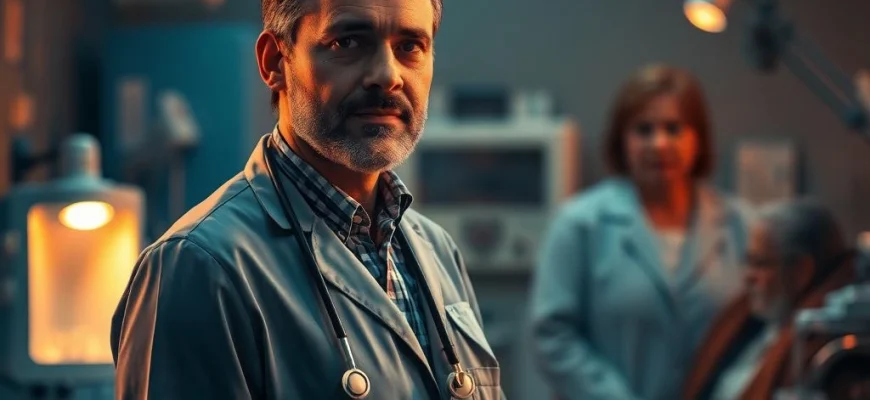If you were moved by the inspiring true story of 'Something the Lord Made' (2004), you'll love these 10 similar films and shows. This article explores heartwarming and thought-provoking titles that delve into medical breakthroughs, historical dramas, and human perseverance, just like the acclaimed HBO film. Discover your next favorite watch here!
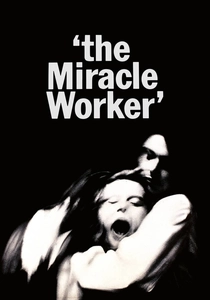
The Miracle Worker (1962)
Description: The story of Helen Keller and her teacher Anne Sullivan, showcasing the breakthrough in communicating with a deaf-blind child. It emphasizes perseverance, education, and the transformative power of human connection.
Fact: The film is based on the Broadway play of the same name, which itself was adapted from Helen Keller's autobiography.
 Watch Now
Watch Now 
Awakenings (1990)
Description: Based on a true story, this film follows a doctor who discovers a treatment for patients suffering from a decades-long catatonic state. It highlights the triumphs and limitations of medical science and the profound impact on patients' lives.
Fact: The film is based on the 1973 memoir by neurologist Oliver Sacks, who documented his experiences with encephalitis lethargica patients.
 Watch Now
Watch Now 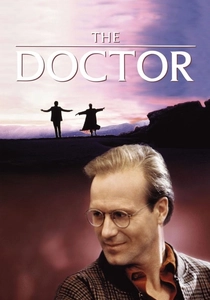
The Doctor (1991)
Description: A story about a brilliant but arrogant surgeon who gains a new perspective on patient care after being diagnosed with cancer. The film emphasizes empathy, humility, and the human side of medicine.
Fact: The movie was inspired by the real-life experiences of Dr. Edward Rosenbaum, who wrote the memoir 'A Taste of My Own Medicine.'
 Watch Now
Watch Now 
Lorenzo's Oil (1992)
Description: This film tells the true story of parents who tirelessly research a cure for their son's rare neurological disease. It showcases the power of determination, parental love, and the challenges of navigating the medical establishment.
Fact: The real-life Lorenzo Odone lived much longer than doctors predicted, thanks to the oil treatment developed by his parents.
 Watch Now
Watch Now 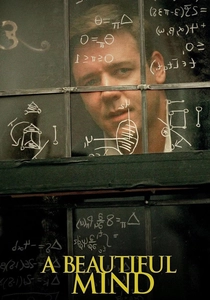
A Beautiful Mind (2001)
Description: This film chronicles the life of mathematician John Nash, his struggles with schizophrenia, and his remarkable contributions to game theory. It explores themes of genius, mental illness, and the power of love and support.
Fact: The real John Nash recovered enough from his schizophrenia to return to academic work and eventually won the Nobel Prize in Economics.
 Watch Now
Watch Now 
The Diving Bell and the Butterfly (2007)
Description: A biographical drama about a man with locked-in syndrome who learns to communicate through blinking. The film poignantly explores resilience, human connection, and the will to overcome physical limitations.
Fact: The movie is based on the memoir of Jean-Dominique Bauby, who dictated the entire book by blinking his left eyelid.
 Watch Now
Watch Now 
Gifted Hands: The Ben Carson Story (2009)
Description: A biographical film about neurosurgeon Ben Carson, focusing on his rise from poverty to becoming a pioneering surgeon. It highlights themes of perseverance, education, and groundbreaking medical achievements.
Fact: Ben Carson was the first surgeon to successfully separate conjoined twins joined at the back of the head.
 Watch Now
Watch Now 
The Knick (2014)
Description: A medical drama set in the early 20th century, focusing on groundbreaking surgical techniques and the ethical dilemmas faced by doctors. The show's gritty realism and historical context highlight the struggles of medical pioneers.
Fact: The series was praised for its accurate depiction of early 20th-century surgery, including the use of real historical medical instruments.
 Watch Now
Watch Now 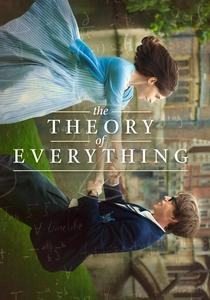
The Theory of Everything (2014)
Description: A biographical film about physicist Stephen Hawking, focusing on his groundbreaking work and his battle with ALS. It highlights the intersection of genius, perseverance, and the human spirit in the face of adversity.
Fact: Eddie Redmayne spent months studying ALS and meeting with patients to accurately portray Hawking's physical decline.
 Watch Now
Watch Now 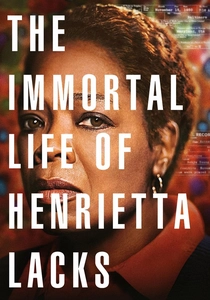
The Immortal Life of Henrietta Lacks (2017)
Description: This film explores the true story of Henrietta Lacks, whose cells were used without her consent for groundbreaking medical research. It delves into themes of medical ethics, racial injustice, and the human cost of scientific progress.
Fact: Henrietta Lacks' cells, known as HeLa cells, were the first human cells to be successfully cloned and have been used in countless medical breakthroughs.
 Watch Now
Watch Now 
